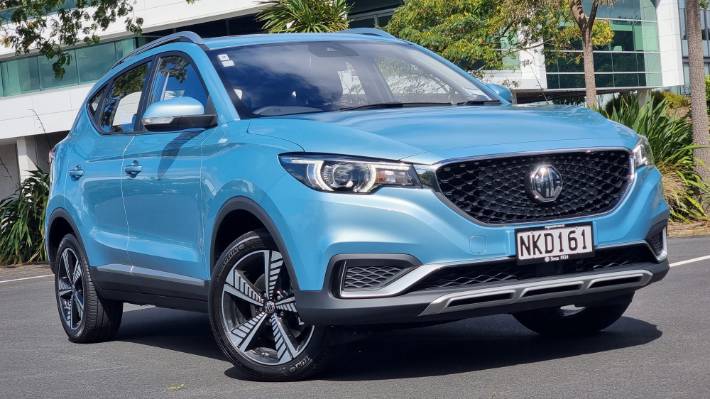The Truth About Electric Car Batteries and Their Impact on the Environment

Electric cars have become increasingly popular in recent years due to their eco-friendliness and cost-effectiveness. However, there has been a growing concern about the environmental impact of electric car batteries. Are electric car batteries bad for the environment? Let's take a closer look.
Firstly, it's important to understand that electric car batteries are made up of various materials, including lithium, cobalt, nickel, and manganese. These materials are mined from the earth, and the mining process can have negative environmental impacts, such as soil erosion, water pollution, and deforestation. Additionally, the production of these batteries requires a significant amount of energy, which can contribute to greenhouse gas emissions.
However, it's important to note that the environmental impact of electric car batteries is not all negative. Electric cars produce zero emissions while driving, which can significantly reduce air pollution and improve air quality. Additionally, electric car batteries can be recycled, which can reduce the need for new mining and production of materials.
Furthermore, advancements in battery technology are being made to reduce the environmental impact of electric car batteries. For example, some companies are developing batteries made from more sustainable materials, such as sodium-ion and zinc-air batteries. Additionally, research is being done to improve the efficiency of battery production and recycling processes.
In conclusion, electric car batteries do have an impact on the environment, but it's important to consider the overall benefits of electric cars. While the mining and production of battery materials can have negative environmental impacts, the zero emissions produced while driving and the potential for battery recycling can have a positive impact. Additionally, advancements in battery technology are being made to reduce the environmental impact even further.


